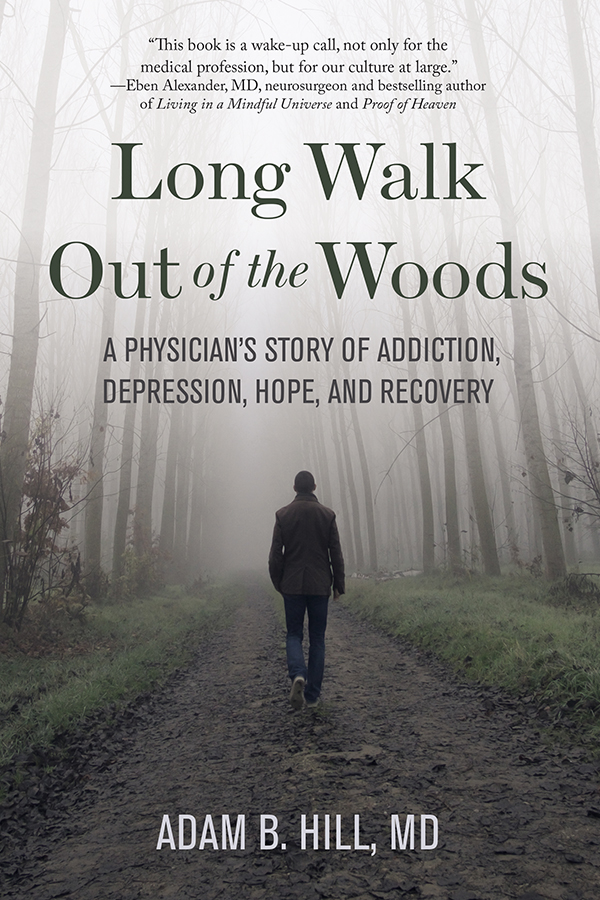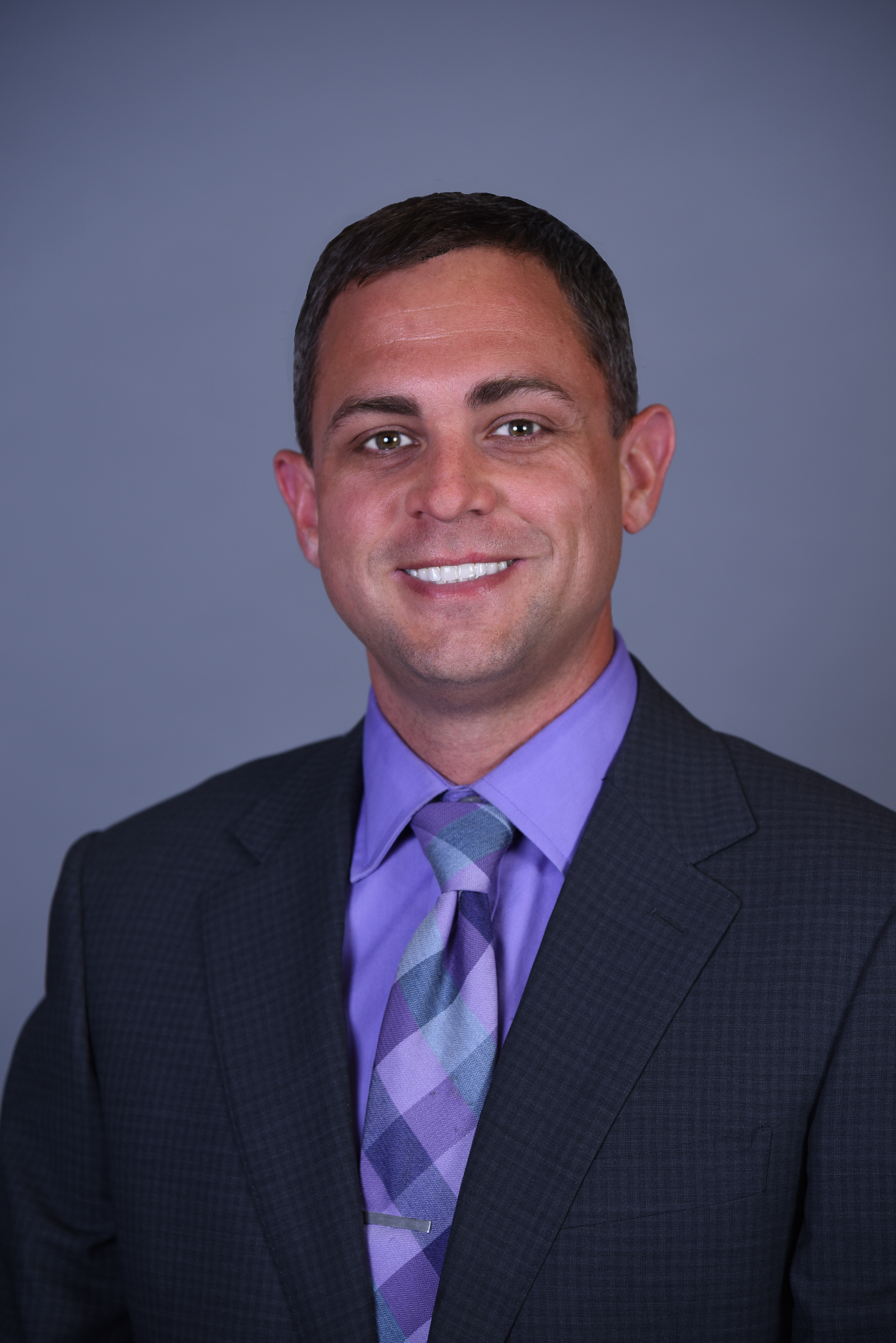For much of my life, my sole identity was based on my occupation as a doctor. My roles as father, husband, son, brother and friend were secondary to this primary calling. I lost my identity, drowning in depression, alcoholism and suicidal plans, as I desperately searched for a way to live up to the cultural expectation of what a modern doctor is supposed to be. But I am one of the lucky ones. I survived to write this page. Six of my friends and colleagues will never have the chance to use their voice again.
This primary calling demanded fifteen years of training to perform my job well while putting family, friends and my own personal life on hold. I did so gratefully, in the hopes of making a difference in other peoples’ lives. But culturally, the respect for the medical profession has dissipated over the last several decades. We expect cure, we vilify mortality, and we demand a service line, simple fix solution to very complex medical problems. We expect doctors to work longer hours and see more patients in order to align with a business model of medicine that cares more about patient volume than patient care. We feel like pawns in a system that seems to care only about budgets and not individual patient benefit. We expect medical professionals to do more with less every single day, while navigating the same broken healthcare system as the patients under our care.
Yet, in a broken system with imperfect human beings, we expect perfection as the end result. When perfection isn’t achieved in the outcomes we have come to expect, we blame and vilify our medical professionals. Visible, easy to see on the front lines, doctors and nurses have become the scapegoats for the failings of a larger system and the relentless expectations of a cultural demand impossible to meet. And like all people who are blamed needlessly for things outside of their control, they often break under the weight of an unreasonable amount of misplaced blame. Medical professionals are leaving clinical medicine is droves, and of the ones that stay, they do so in an epidemic of suicide in the medical profession.
And although many of us are aware of this crisis, the culture of medicine doesn’t make it easy for medical professionals to seek mental health treatment. In a time and place where the Federal Communications Commission has just approved a 3-digit telephone number to call for mental health and suicidal emergencies, medical professionals are often shamed, judged and questioned about utilizing mental health resources just to be able to keep their jobs.
For decades, overreaching policies and institutional stigmatization have fearfully railroaded individuals away from seeking proactive mental health services while working in the medical profession. Licensing boards may ask questions about mental health/addiction treatment history; hospital credentialing processes may require applicants to disclose mental health treatments; medical boards may require public hearings where medical professionals must disclose what mental health treatments they pursued; or potential employers might scrutinize personal health records before deciding on a placement.
In my experience, these policies have created systems that necessitate a self-preservation mindset that demands that medical professionals work sicker and sicker in order to protect against any form of public disclosure for their mental health conditions. This, in turn, forces them into a position where their own health matters less than those under their care, thereby encouraging a necessary form of secrecy to continue to work.
As a result, people die every single day because we have enabled and been complicit in structural organizational discrimination against medical professionals with mental health and addiction stories. A plight I recognize is not unique to the medical professional alone, with similar obstacles and barriers in fields such as the military, education, criminal justice and aviation. And so, in the universality of this issue, everyone’s individual voices must be heard.
In raising individual voices, a groundswell movement of support has been building for the last handful of years. More and more people are now willing to share their stories, speaking up without shame, judgement or fear about the truth of their lived experiences. These stories are a call to action to serve and support those still suffering in silence, while rewriting the cultural narrative of what it means to live and work as a medical professional with a mental health condition. Collectively, those that have made it through the darkest times are shedding a light on the pathway out to a new life, a better career and a healthier future. In sharing these experiences, medical professionals all add their voices to advocate for changes in policy reformation and in the restructuring of how individuals are treated with their own mental health conditions in medicine.
We are already looking at projections of critical shortages of physicians in this country over the next several decades. We can’t train people fast enough to make up for population growth and the attrition of professionals from the workforce. So, all of us must speak up for the health of our medical workforce, while acknowledging the limitations of what modern medicine can do. We must set realistic expectations of our doctors, as human beings working incredibly hard to navigate a broken healthcare system to help the people under their care.
Yes, the healthcare system is broken. It isn’t your doctor’s fault. Yet, the assumption it is has broken your doctors too.
And if no one stands up for the health of our healers, well, there will be no one left to do any healing at all.

Adam B. Hill, MD is the Division Chief of Pediatric Palliative Care at Riley Hospital for Children and author of Long Walk Out of the Woods: A Physician’s Story of Addiction, Depression, Hope and Recovery.
Follow us here and subscribe here for all the latest news on how you can keep Thriving.
Stay up to date or catch-up on all our podcasts with Arianna Huffington here.


